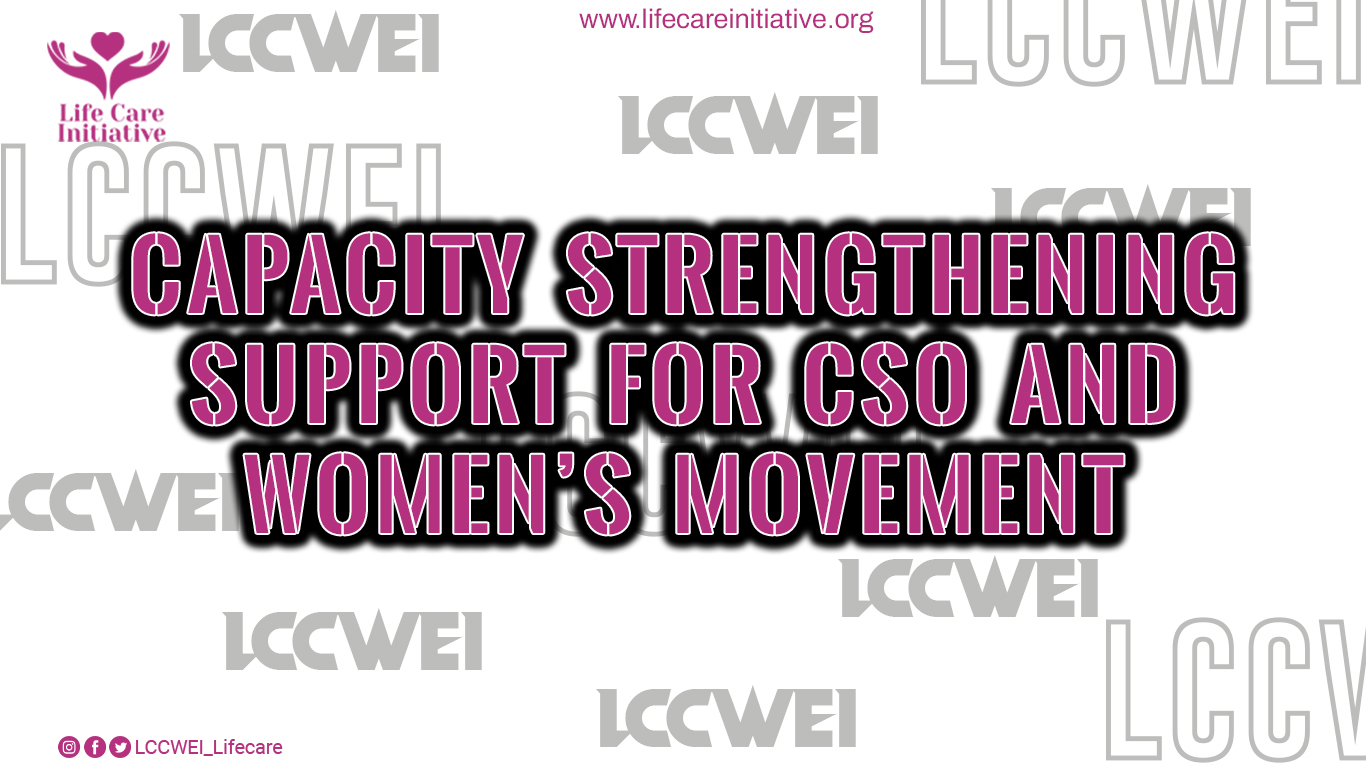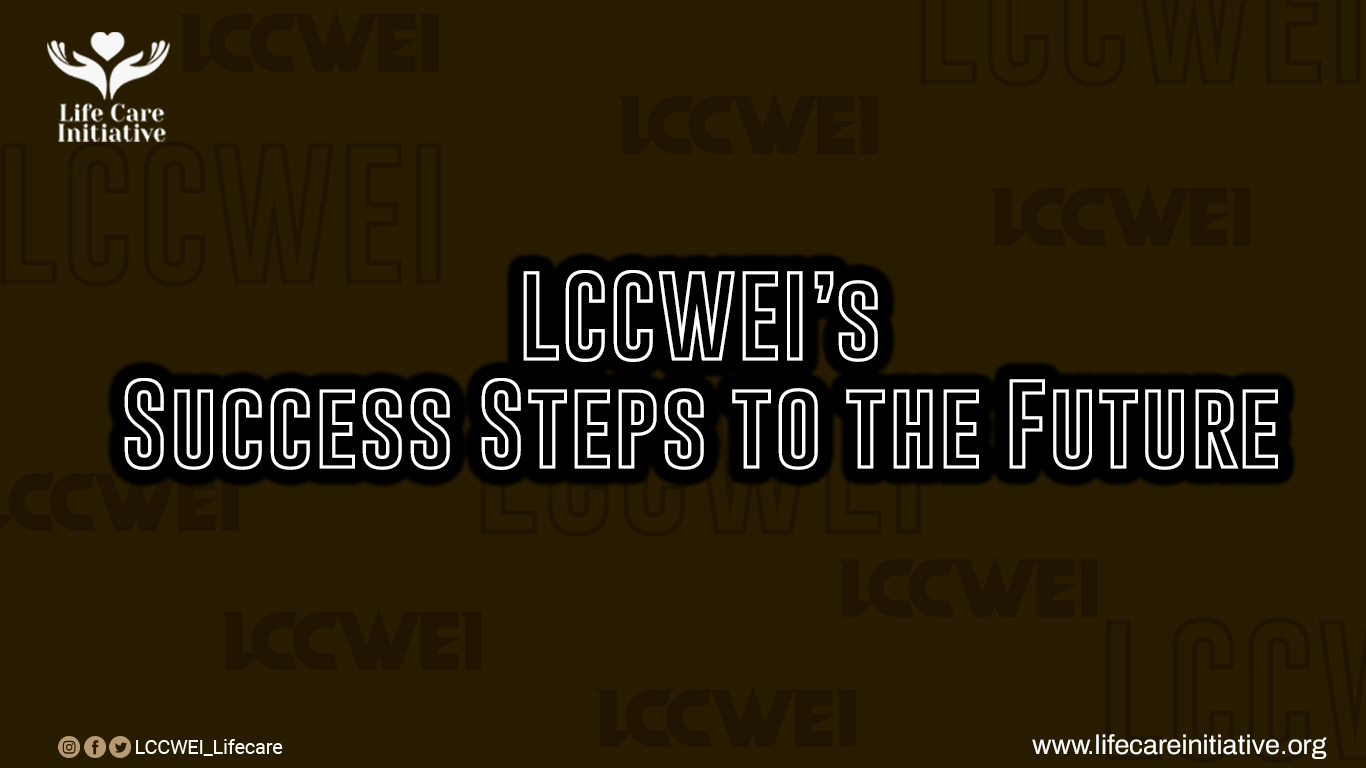Lifecare Children and Women Empowerment Initiative (LCCWEI) has been striving to enhance women’s and children’s lives in areas of great life challenges. To achieve this, LCCWEI has to ensure it has partnered with well-wishers and relevant groups and individuals to raise the standards of living of struggling women and children. In addition, LCCWEI’s social workers have to be equipped with problem-solving skills and power that will see this vision come to fulfillment. These empowerments include training and equipping social workers with mechanisms for meeting society’s needs.
On January 31, 2023, attended a workshop on Capacity Strengthening Support (CSO) And Women’s Movement that was implemented by the Women Advocates Research & Documentation Centre (WARDC). The workshop was supported by Spotlight Initiative, UN-EU Women, and was held at 22 Afariogun, Obafemi Awolowo Way. Ikeja-Lagos. The workshop was led by Dr. Abiola Akiyode; founding director of WARDC.
During the workshop, attendees shared opinions, thoughts, and problems that arise with advocacy. Below are the highlights of the discussions:
- Advocacy is public support for a recommendation of a particular cause or policy. It is a deliberate process based on demonstrated evidence (data/statistics) to directly or indirectly influence decision-makers and relevant audiences to support and implement actions to contribute to the fulfillment of human rights.
- The major cause of advocacy is influence. Advocacy cannot be complete if no one is influenced.
- When confronted with advocacy issues, it can be overwhelming, but it is important to first sort out the source of the problem to solve future problems. which means; some cases will either be won or lost but lessons will be learned from the experiences.
- Eight (8) foundational areas for stronger advocacy;
- Credibility
- Skills
- Coordination and Leadership
- Capacity to generate and communicate relevant evidence
- Ability to assess risks
- Capacity to work with children and young people
- Long-term partnerships that can form a broad base advocacy
- Sufficient resources
- Nine (9) important questions for strategic advocacy
- What do we want? Develop a problem and solution tree, plan research, generate evidence and choose advocacy priorities.
- Who can make it happen? Map out the stakeholders, the right people in power, and the targets.
- What do they need to hear? Do not pass the right message at the wrong time or to the wrong audience.
- Who do they need to hear it from? Liaise with the community, someone they respect and listen to.
- How can we make sure they hear it? Communicate the assurance of hope for a change/possible solution.
- What do we have? (available resources)
- What do we need? (stronger alliances)
- How do we begin to take action? (SMART; make it Specific, Measurable, Achievable, Realistic, and Timely.
- How do we know if it’s working? Evaluate from time to time.
- Organize and not agonize. Organizing and mobilizing is about bringing people together for a common purpose, this can be for groups or communities with common concerns for policy change. What do we mobilize for? We mobilize to build support for arising issues, to influence others, to persuade decision-makers, and to inform the general public knowledge about an issue. We mobilize for a cause to provide a lasting solution.





3 Comments
KINGSLEY KALU
commendable.
ucha
Great!!
Foluke Olugesin
This is good, this is really good.